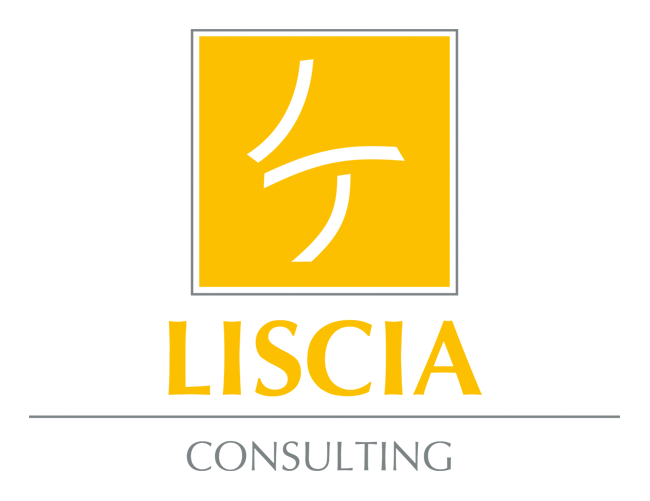A prevailing supplement to business consulting since the early 1980s, hybrid coaching has yet to establish itself in consulting and training practices. Although the term hybrid coaching turns up in nearly every description of advisory offers, its interpretation is primarily twofold. Some enterprises and associations define hybrid coaching as a conglomerate of various coaching and advisory approaches, while others interpret the term as a combination of face-to-face, telephone and video coaching. The latter definition merely supplements traditional coaching with virtual media.
A good while back, the brothers Gianni and Marcello Liscia integrated the term into their daily work, thus contributing to its defining parameters. They were among the first in Germany to offer hybrid coaching as soon as they opened for business in 2000. True, most coaching associations were founded at the onset of the 21st century and were essentially responsible for establishing and popularizing coaching practices in Germany. Yet, at the time, blending coaching, consulting and training was frowned upon. It just wasn’t done.
So, what is the purpose of hybrid coaching? Well, let us first clarify the two elements of the term. Coaching is a structured, face-to-face dialogue between coach and client that helps develop fresh insights and alternative courses of action. It brings to light a client’s impact on and interaction with their environment. Once discovered and defined, it is time to move from insight to onsite. This is the point where it is practical to switch from classic coaching to hybrid coaching, applying training and consulting elements which facilitate putting the classic coaching insights into solid action. Literally, hybrid means mixed origin, a composition of diverse components. Hence, as the coach guides the client through the entire process, a variety of tools are applied. In so-called transfer coaching, coach and client may arrange web conferences for exchanges on a regular basis, whereby both parties are invited to initiate action.
Just as coaching can become a hybrid of consulting and training elements, training can become a hybrid of coaching and consulting tools. One example of this is blended learning, a hybrid of classroom training and computer-supported learning. And then there’s hybrid consulting with coaching and training elements. Also, when moderating workshops, integrating both coaching and consulting aspects can be very helpful. Coaching, training, consulting – it is all a matter of what the client needs at a given moment in a given situation. Since all approaches can be effectively combined, a hybrid of all methods opens paths to finding solutions as individual as the client.
As with all supportive approaches, successfully applying hybrids is wholly dependent on the competence of coach, trainer, moderator or consultant. He or she must be proficient and experienced in all approaches in order to provide fluid, effective hybrid guidance.



